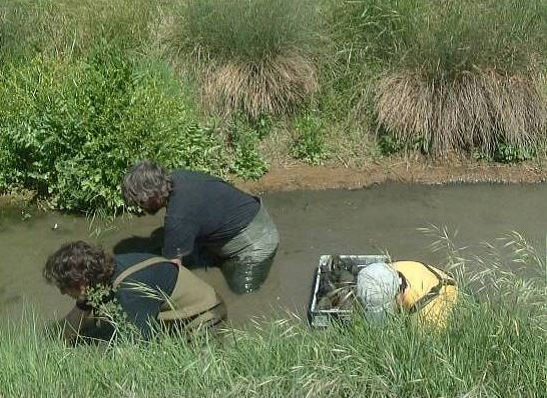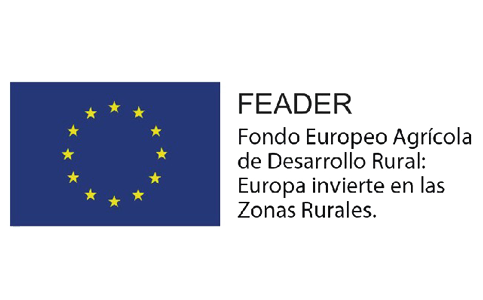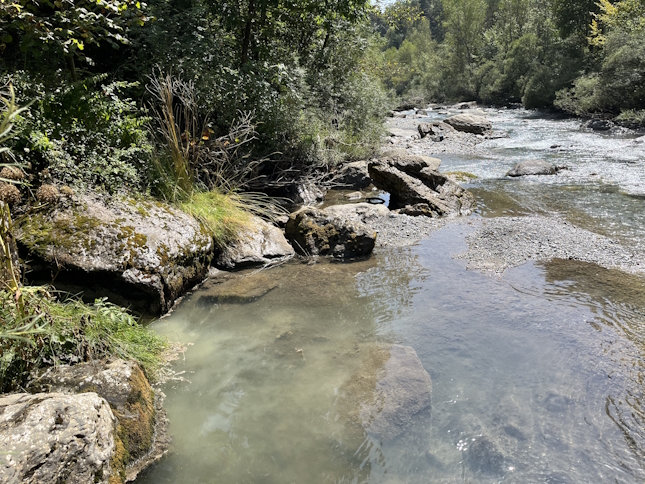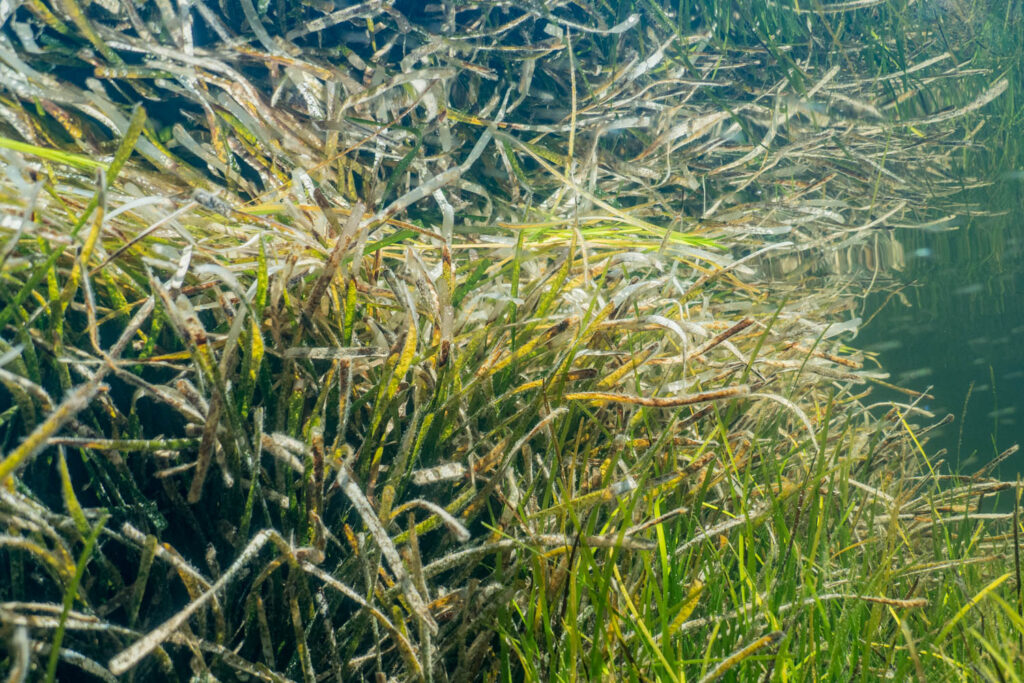Naiads or large freshwater bivalves (Mollusca, Bivalvia, Unionoidea) are currently considered one of the most endangered animal groups on the planet, mainly due to the fragmentation and/or disappearance of their habitat and the introduction of fish species and/or or other invasive bivalves. In Catalonia, the historical presence of 6 species of native naiads is known, cataloged as threatened species and with few or very few known populations. For all of them, the available data indicate that they are in a strong regression process.
he NÀIADES project aims to generate the necessary knowledge for developing a recovery plan for naiads in Catalonia, through the following objectives:
- Optimization of new naiad monitoring techniques based on environmental DNA.
- Updating available information on the status of naiads in Catalonia.
- Expanding knowledge about the species.
- Identification of stretches of interest for conservation.
- Deepening the understanding of the relationship between naiads and the ecological status and water quality of water bodies.
- Assessing the impact of droughts on naiads.
This project continues the Nàiades project, carried out during 2021/2022 and funded within the framework of grants for natural areas of Catalonia, habitats, and species, as part of the Rural Development Program of Catalonia 2014-2020 (operations 04.04.01 and 07.01.01) for the year 2022.
In this second phase, the area of action is expanded to include the watersheds of the northeastern counties of Catalonia (upstream of the Ter), the watersheds of the rest of the Catalonia river basin district, and the Ebro Basin, always within the probable historical distribution area of the Naiads and within the rural area defined by the Rural Development Program of Catalonia 2014-2022.










